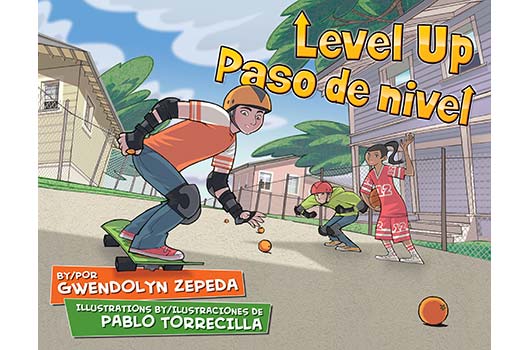6. ANTIBIOTICS…
…When they’ve been prescribed for someone else, that is. That being said, you should never give your child medicine that’s been prescribed for someone else, even if it’s someone in the household, even a sibling. Now, antibiotics, when they’ve been appropriately prescribed for your child by a pediatrician, can seem to work magic, powerfully fighting bacterial infections such as strep throat. But they’re not for every illness, and deciding on your own to give them to your child can have serious consequences. Antibiotics do not work on viral illnesses such as the common cold; moreover, they can have side effects. If you decide to give your child the antibiotics that were prescribed for his dad or his big sister, you’re exposing him to those side effects when he might not benefit from the use of antibiotics anyway. In addition, a correct dose and a full course of antibiotics is needed to treat an infection, and only a doctor can determine what that dosage and course is, as well as what is appropriate for your child’s age. Giving your child, say, half a course of her sister’s prescription can give bacteria “the chance to linger and make your child sick all over again,” according to What To Expect. “And another bacterial illness could require yet another—potentially stronger—course of antibiotics the second time around.” Some infections can get better without the use of antibiotics. And if all that wasn’t enough, improper use of antibiotics “ups [your child’s] resistance to antibiotics so that she may need a stronger antibiotic the next time she’s sick.” Discuss your child’s needs with your pediatrician—and and don’t be afraid to ask questions to insure that your child will truly benefit from a course of antibiotics.

 I’m Latina, and I Don’t Speak Spanish
I’m Latina, and I Don’t Speak Spanish 










